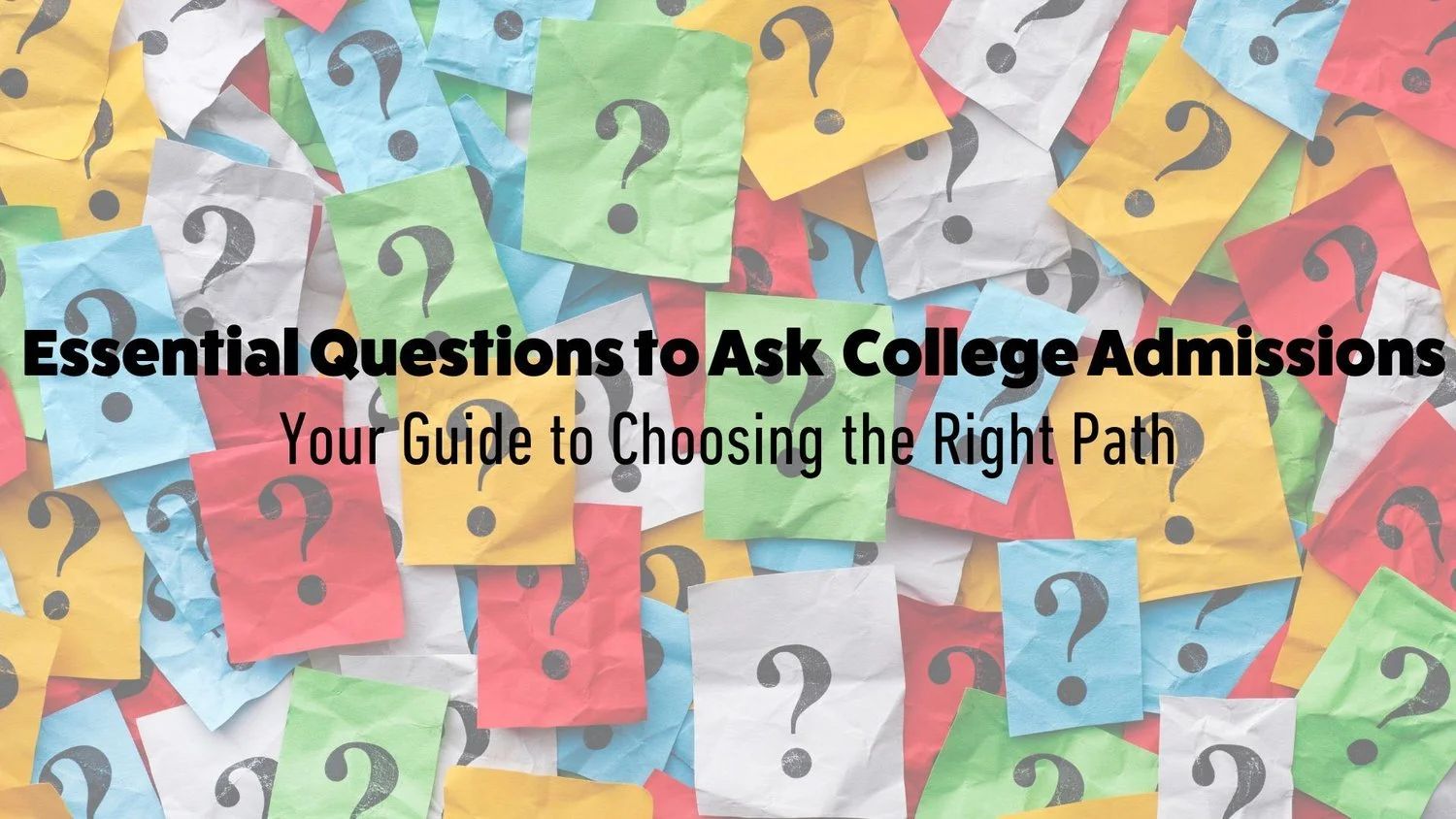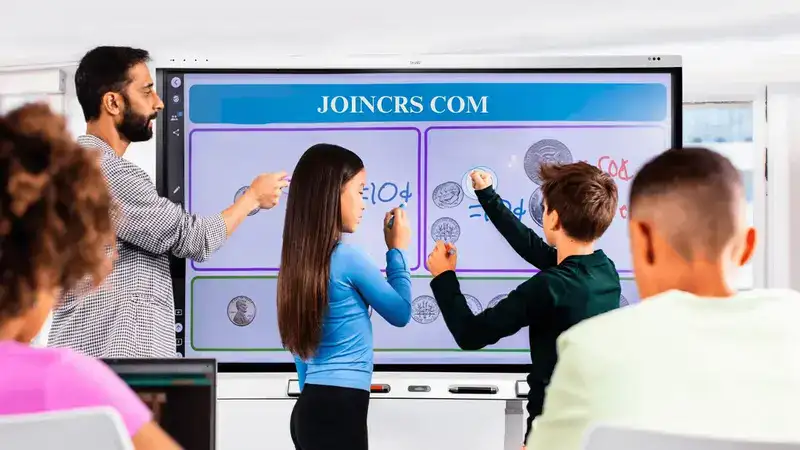Essential Questions: A Complete Guide to Asking the Right Questions
Why Essential Questions Matter
Have you ever noticed how the right question can open up a completely new way of thinking? That’s the power of essential questions.
Unlike simple yes-or-no questions, dig deeper. They make us reflect, analyze, and connect ideas. Whether in a classroom, workplace, or personal life, they encourage critical thinking and problem-solving.
In this article, we’ll explore what are, why they matter, and how to create and use them effectively. By the end, you’ll have practical tools to ask questions that truly spark meaningful conversations.
What Are Essential Questions?
Essential questions are open-ended inquiries that cannot be answered with a single fact or statement. Instead, they invite exploration, debate, and discovery.
Key Features of Essential Questions:
Open-ended – They don’t have one correct answer.
Thought-provoking – They encourage deeper thinking and reflection.
Transferable – They apply across different subjects, topics, or real-life situations.
Enduring – They remain relevant long after a lesson, meeting, or conversation.
For example:
What does it mean to live a good life?
How do innovations change society?
Why is history important for the future?
Each of these questions invites discussion, not memorization.
Why Are Essential Questions Important?
Asking the right questions can completely change the way we learn and think. Here are some key benefits of essential questions:
Encourage Deeper Learning
push beyond surface-level knowledge. Instead of memorizing facts, learners analyze ideas and make connections.
Promote Critical Thinking
They challenge assumptions, leading to more thoughtful discussions and independent thinking.
Spark Curiosity
When framed well, essential questions motivate people to explore topics further.
Improve Communication
In workplaces and schools, they foster open dialogue and meaningful collaboration.
Guide Decision-Making
In personal and professional life, asking helps clarify values, goals, and priorities.
Essential Questions in Education
Essential questions are widely used in teaching because they shift learning from rote memorization to deeper understanding.
Examples in Different Subjects:
Math: How do numbers help us describe the world?
Science: What makes something alive?
History: Whose stories are told, and whose are left out?
Literature: What makes a story timeless?
Benefits for Students:
Helps them see connections across topics.
Encourages them to think critically about what they’re learning.
Makes learning more engaging and relevant.
Teachers often design units or lessons around one or twoto keep students focused on big ideas rather than isolated facts.
Essential Questions in Business and Leadership
Essential questions are not just for schools—they’re also powerful in business. Leaders, managers, and teams use them to foster growth and innovation.
Examples in Business Settings:
What problem are we really trying to solve?
How do we measure success beyond profits?
What values guide our decisions?
How can we improve customer experience continuously?
By asking these questions, businesses avoid short-term thinking and create strategies that last.
Benefits for Leaders and Teams:
Aligns teams with core goals and values.
Encourages innovative solutions instead of quick fixes.
Strengthens organizational culture.
Essential Questions for Personal Growth
In personal development, act like a compass. They help us reflect on our values, choices, and goals.
Examples of Personal Essential Questions:
What kind of person do I want to become?
Am I living according to my values?
What habits are shaping my future?
How do I define success for myself?
Asking these questions regularly encourages self-awareness and better decision-making.
How to Create Essential Questions
Designing effective requires thought and practice. Here are some tips:
Keep Them Open-Ended
Avoid yes/no questions. Instead of “Is water important?” ask “Why is water essential for life?”
Make Them Thought-Provoking
They should spark curiosity and deeper reflection.
Connect to Real-Life
Relatable questions engage learners and professionals more effectively.
Keep Them Timeless
A good essential question stays relevant across time and context.
Focus on Big Ideas
should address broad themes, not narrow facts.
Examples of Essential Questions Across Different Areas
Here’s a list of examples you can adapt to your own context:
Education
What does it mean to be free?
How do cultures shape identity?
Why do humans create art?
Business
What role does trust play in teamwork?
How do we stay innovative in a changing market?
What responsibilities do companies have to society?
Personal Life
What brings meaning to my daily life?
How do I handle failure and setbacks?
What kind of legacy do I want to leave behind?
The Difference Between Essential Questions and Regular Questions
Not all qualify as . Here’s a quick comparison:
| Regular Questions | Essential Questions |
|---|---|
| Have straightforward answers. | Invite exploration and debate. |
| Often fact-based. | Focused on big ideas and values. |
| Useful for tests or short-term tasks. | Useful for lifelong learning and reflection. |
| Example: What is the capital of France? | Example: Why do cities become centers of culture and power? |
Common Mistakes to Avoid When Using Essential Questions
Even though are powerful, they can lose impact if not used well. Here are mistakes to avoid:
Making them too broad – If a question is vague, it can confuse rather than inspire.
Using them as trivia – are not meant for quick answers.
Forgetting relevance – If people can’t connect to the question, they’ll lose interest.
Asking too many at once – Focus on one or two key questions to keep discussions meaningful.
How to Use Essential Questions Effectively
In Classrooms
Start a lesson with a big question.
Revisit the question throughout the unit.
Let students reflect on their evolving answers.
In Workplaces
Open meetings with an essential question.
Use them for brainstorming sessions.
Apply them to evaluate strategies and decisions.
In Personal Life
Journal around one essential question daily.
Discuss them with friends or mentors.
Use them as guiding principles for decision-making.
Conclusion: Start Asking Better Questions Today
Essential questions are more than just clever inquiries—they’re tools for growth, reflection, and deeper understanding. Whether you’re a teacher, a leader, or simply someone seeking personal growth, the right questions can guide you toward better answers.
Instead of focusing only on information, focus on meaning. Ask questions that spark curiosity, challenge assumptions, and open doors to new possibilities.
So, the next time you’re in class, at work, or reflecting on life, remember: the answers you get depend on the essential questions you ask.














Post Comment